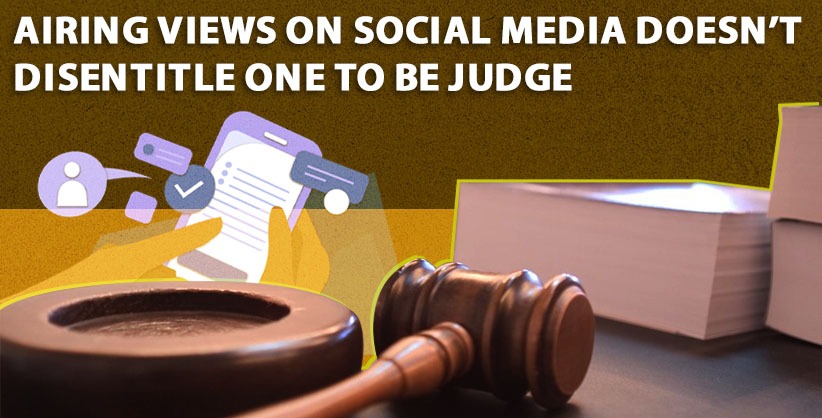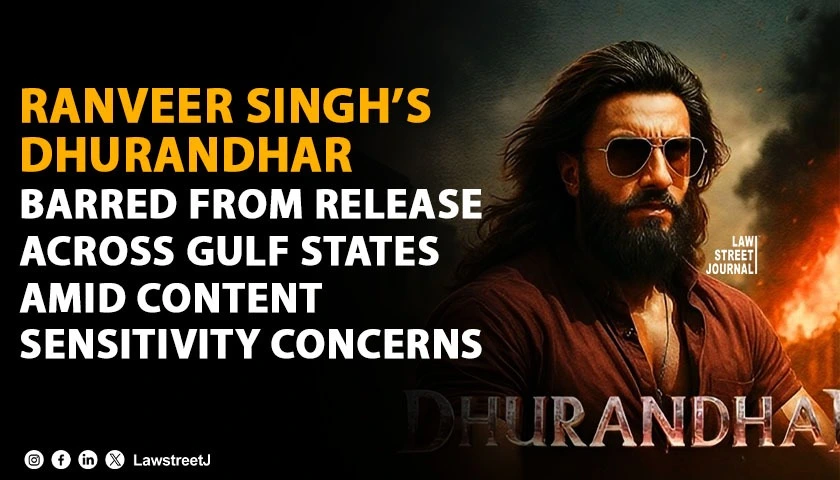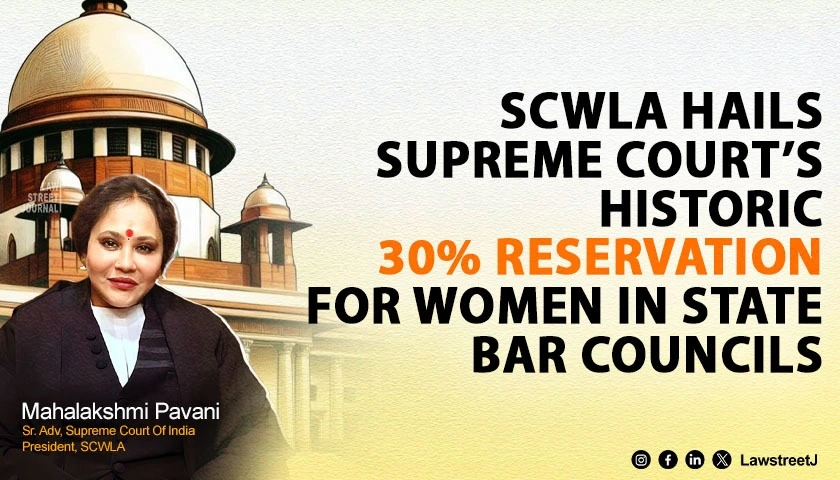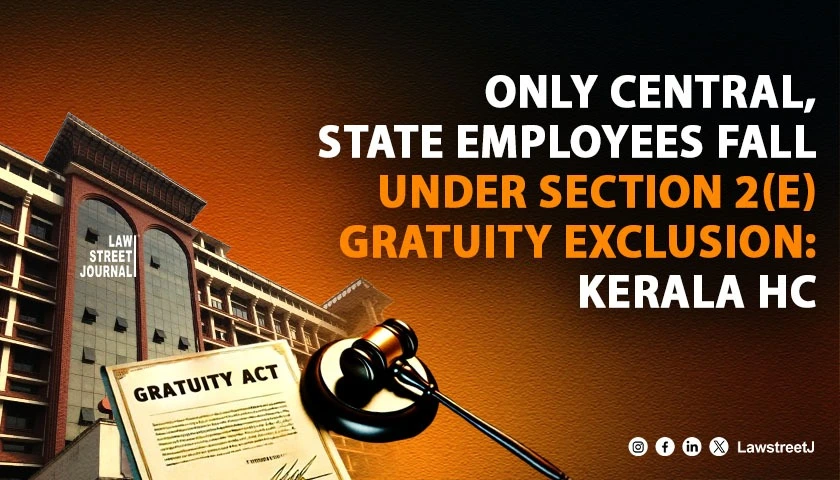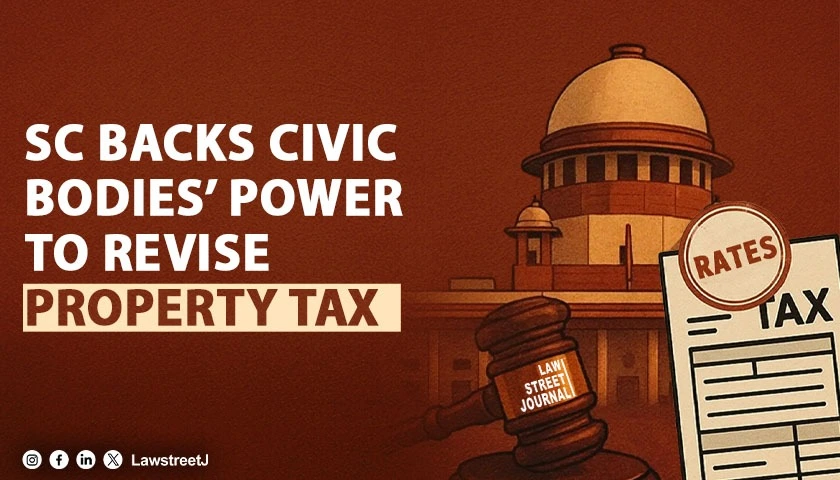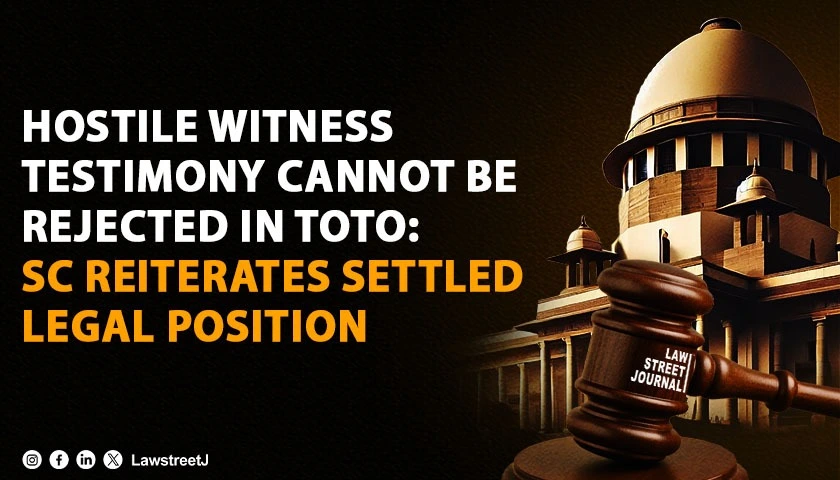NEW DELHI: The Supreme Court Collegium led by Chief Justice of India D Y Chandrachud has reiterated recommendation of advocate Somasekhar Sundaresan, as judge of the Bombay High Court, saying expressing views on media does not disqualify one to be a judge.
It overruled the Union government's objection that he has aired his views on social media on several matters, including those pending before courts.
"All citizens have the right to free speech and expression under Article 19(1)(a) of the Constitution and expression of views by a candidate does not disentitle him to hold a constitutional office so long as the person proposed for judgeship is a person of competence, merit and integrity," a statement by Collegium said.
It further said the issues on which opinions have been attributed to the candidate are in the public domain and have been extensively deliberated upon in the print and electronic media.
"The manner in which the candidate has expressed his views does not justify the inference that he is a highly biased opinionated person or that he has been selectively critical on the social media on the important policies, initiatives and directions of the Government (as indicated in the objections of Department of Justice) nor is there any material to indicate that the expressions used by the candidate are suggestive of his links with any political party with strong ideological leanings," it added.
The Collegium had on February 16, 2022 recommended the name of Sundaresan for appointment as a Judge of the Bombay High Court. But, the government had on November 25, 2022 sought reconsideration of his name.
Reiterating the recommendation, the Collegium said Sundaresan has specialised in commercial law and would be an asset to the Bombay High Court which has a large volume of cases of commercial and securities laws among others.
The Memorandum of Procedure --- the document related to the procedure for selection of judges --- stated that the recommendation once reiterated by the Collegium has to be accepted by the Union government for appointment of judges.

